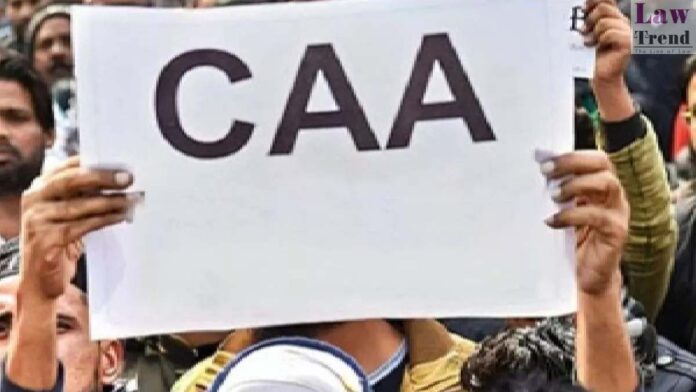In a significant turn of events, the Rajasthan government has decided not to challenge the Citizenship Amendment Act (CAA) in the Supreme Court. This decision was marked by the submission of a petition by the Bhajanlal administration to withdraw the challenge initially made by the Gehlot government.
The prayer petition filed in the Supreme Court by the Rajasthan government states that due to changed circumstances, the government no longer wishes to contest the CAA. The state government has sought permission from the court to withdraw the petition. The additional advocate general of Rajasthan, Shivmangal Sharma, represented the state government in this matter.
It’s noteworthy that the Ministry of Home Affairs had issued a notification on March 11, implementing the CAA across the country. The CAA became a law following its passage in the Lok Sabha on December 10, 2019, and in the Rajya Sabha the following day. Presidential assent on December 12, 2019, formalized the Act.
Also Read
The Gehlot government had challenged the CAA in the Supreme Court in 2020, seeking a halt to its implementation. This move was part of a wider opposition by various state governments and social organizations against the CAA, which seeks to provide citizenship to non-Muslim refugees from Pakistan, Bangladesh, and Afghanistan.
Legal experts, such as retired district judge Mahendra Kumar Sharma, clarify that citizenship is a matter under the Union List, and hence, the Parliament is empowered by Article 11 of the Constitution to make amendments in this domain. This makes the law binding on all state governments, and while they may challenge it, they cannot refuse its implementation.




